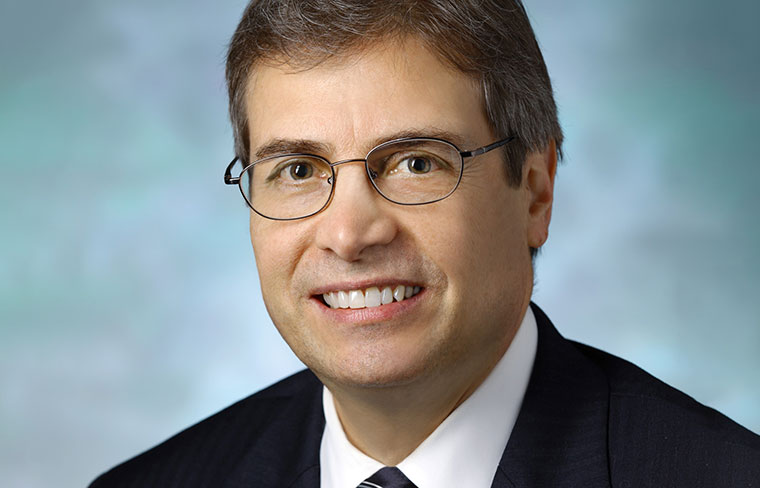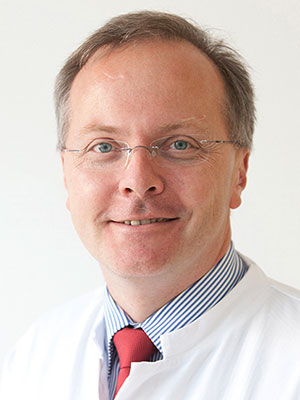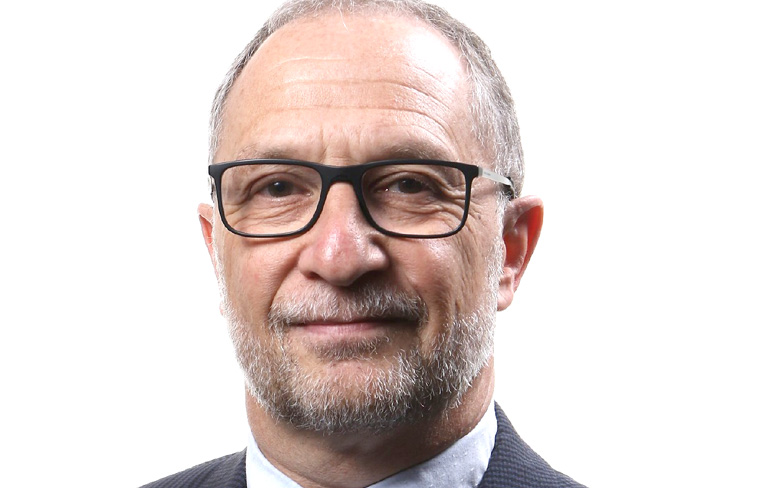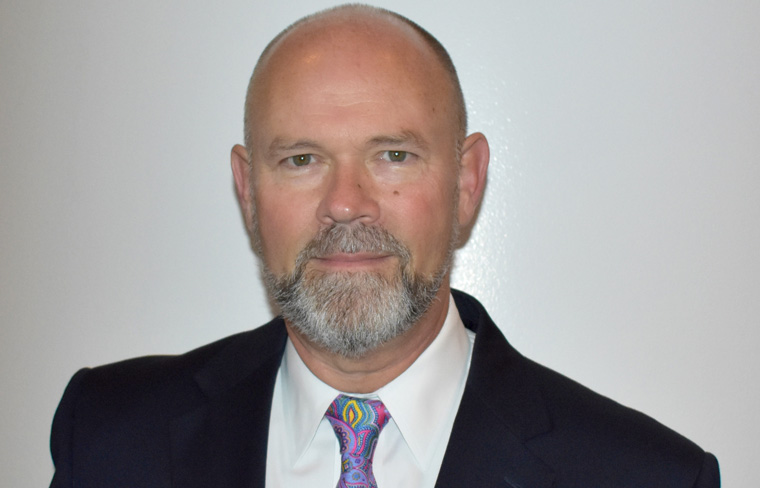-
Researchers are examining the use of technology to predict, manage, prevent hypoglycemia
Investigators will present results from a variety of studies looking at ways to predict, manage, and potentially prevent hypoglycemic events during Monday’s Oral Presentations session “Hypoglycemia and Technology.” Norbert Hermanns, PhD, Yuan-Chi Chang, PhD, Dominic Ehrmann, PhD, and Marie-Anne Burckhardt, MD, preview their research presentations.
-
Looking beyond anti-VEGF treatment in diabetic eye disease
Evolving research is starting to change approaches to retinopathy, macular edema, and other ocular complications of diabetes. Blocking vascular endothelial growth factor (VEGF) remains the mainstay of treatment, but newer, longer-lasting and more effective agents are on the horizon, according to Peter A. Campochiaro, MD.
-
Symposium will highlight innovative education strategies for patients and providers
Monday’s Oral Presentations session “Innovative Diabetes Education Across Diverse Populations” will feature a series of studies looking at self-management education strategies for patients as well as diabetes care education for community care workers, trainees, and primary care physicians. Nicolas Cuttriss, MD, MPH, and Louise A. Reagan, PhD, ANP, preview their presentations.
-
Studies explore impact of novel dietary and nutritional interventions
The Monday afternoon session “The Wide-Ranging Field of Clinical Nutrition Research—From the Role of Nutrients to How We Eat” will highlight results from eight recent studies examining dietary and nutritional interventions in diabetes patients. Three of the presenters, including Stephan Martin, MD, and William S. Yancy Jr., MD, MHS, talked to ADAMeetingNews.org about their research.
-
National Scientific & Health Care Achievement Awards to be presented Monday
The National Scientific & Health Care Achievement Awards Presentation and Outstanding Scientific Achievement Award Lecture will begin at 10:10 a.m. Monday. Sadaf Farooqi, MB, ChB (Hons), PhD, will present the Outstanding Scientific Achievement Award Lecture “Obesity and the Biology of Weight Regulation” at 11:00 a.m. to conclude the session.
-
2 More Things about Monday
Monday is the last full day of programming at the 79th Scientific Sessions. Click to view Monday’s meeting hours and the live match schedule in the Women’s World Cup Viewing Lounge.
-
Youth-onset type 2 diabetes more severe than adult-onset disease
The longest-running study of type 2 diabetes in young people, Longitudinal Outcomes in Youth with Type 2 Diabetes—The TODAY2 Study, is winding down. Results to date show that youth-onset type 2 diabetes is more aggressive than adult-onset disease, according to Philip Zeitler, MD, PhD.
-
Outstanding Educator in Diabetes: Providing hope to patients is key to fighting the stigma of diabetes and obesity
The most important thing that diabetes educators and caregivers can give to their patients is hope, according to this year’s Outstanding Educator in Diabetes Award recipient, Virginia Valentine, APRN, BC-ADM, CDE, FAADE, who discussed the challenges of overcoming the stigma of diabetes and obesity in her Scientific Sessions address on Saturday.
-
It’s all about access, says ADA President, Health Care & Education
In her address to Scientific Sessions attendees Saturday morning, ADA President, Health Care & Education Gretchen Youssef, MS, RDN, CDE, urged the audience to become active advocates for improving patient access to both high-quality diabetes care and self-management education and support.
-
Studies suggest growing potential for GLP-1 medications
A growing body of evidence suggests that glucagon-like peptide-1 (GLP-1) medications could become a common approach to improving glucose control in a variety of clinical situations. Richard E. Pratley, MD, and several other researchers presented studies Saturday morning that showed generally favorable results from novel and familiar GLP-1 receptor agonists in type 2 diabetes, type…









